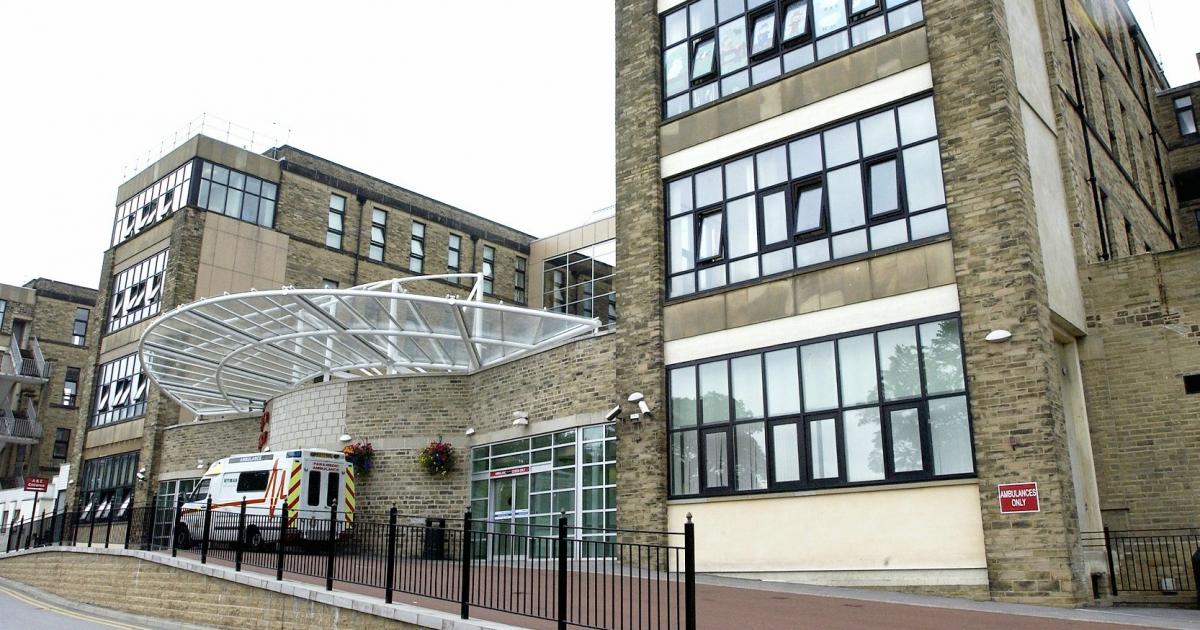On Tuesday, Mr Trump said there had been a “meteoric rise” in cases of autism, which he linked to use of Tylenol – known as paracetamol in the UK – during pregnancy.
He said the medication should not be taken during pregnancy, suggesting instead that pregnant women should “tough it out”.
His comments have been heavily criticised.
Today, a statement from BTHFT, which runs Bradford Royal Infirmary, said: “People should feel reassured that using paracetamol, in line with NHS advice, is safe.
“Recent claims from US President Donald Trump have suggested that taking paracetamol in pregnancy may cause autism.
“These comments have caused understandable concern, but health experts and autism charities are clear: there is no credible evidence to support this claim.”
The statement added: “The UK medicines regulator, the UK Medicines and Healthcare products Regulatory Agency (MHRA), has confirmed paracetamol remains the recommended pain relief in pregnancy when used as directed. There is no evidence that it causes autism.
“Autism charities, including Autistica and the National Autistic Society, have jointly stated that studies suggesting a link are weak, poorly designed and do not provide reliable evidence. High-quality, well-controlled studies indicate there is no link between paracetamol in pregnancy and autism.
“Untreated pain or fever in pregnancy can be harmful, so safe symptom relief is essential.”
Health Secretary Wes Streeting said: “I’ve just got to be really clear about this: there is no evidence to link the use of paracetamol by pregnant women to autism in their children. None.”
He urged pregnant women not to pay “any attention whatsoever” to the US president.
Mr Streeting also cited a major Swedish study last year, involving 2.4 million children, which found no link between the drug and autism.
Dr Alison Cave, chief safety officer at the MHRA, said: “There is no evidence that taking paracetamol during pregnancy causes autism in children.
“Paracetamol remains the recommended pain relief option for pregnant women when used as directed.”
The National Autistic Society said it had seen a “huge outpouring of anger about the horrendous misinformation about autism” by President Trump.
Mel Merritt, head of policy and campaigns at the charity, described his comments as “dangerous, anti-science and irresponsible”.

